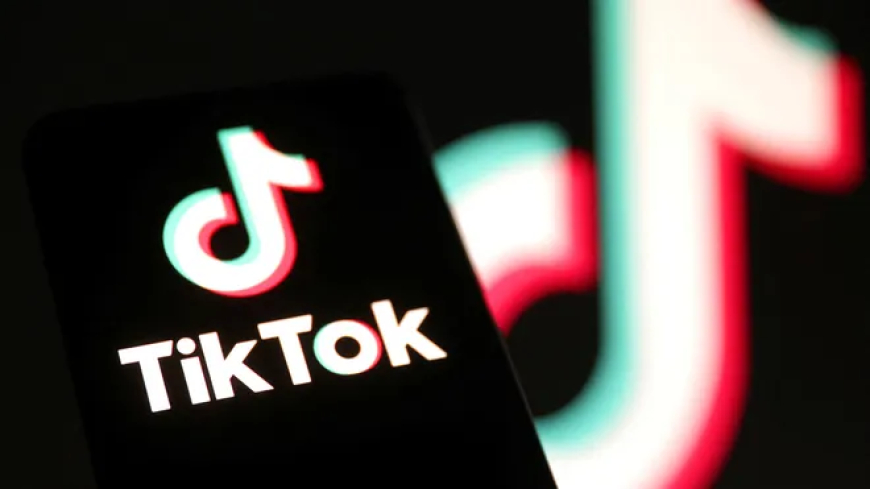TikTok Sale Mandate Undermined: Editorials Slam Trump’s Refusal to Enforce Bipartisan Law
Editorials criticize President Trump’s decision not to enforce the bipartisan TikTok sale mandate, emphasizing risks to national security and respect for the rule of law.

A strong wave of editorial criticism is building over President Trump’s refusal to enforce a bipartisan law requiring ByteDance to divest TikTok’s U.S. operations, raising fresh concerns about national security and governance.
A Mandate That United Congress
In April 2024, Congress passed—and President Biden signed into law—the Protecting Americans from Foreign Adversary Controlled Applications Act (PAFACA), mandating that ByteDance divest TikTok’s U.S. business by January 19, 2025, or the app would be banned from U.S. digital platforms Wikipedia. This overwhelmingly bipartisan move (House: 360–58; Senate: 79–18) reflected rare alignment across party lines AP News.
The Supreme Court upheld the law as constitutional in early 2025, affirming that divestiture mandates present no violation of First Amendment protections WikipediaThe Guardian.
Trump Ignores the Law
But then, shortly after taking office for his second term, President Trump took dramatic action: he issued an executive order delaying enforcement of PAFACA by 75 days on January 20, 2025. He later extended this non-enforcement period on multiple occasions—despite the law permitting only a single 90-day extension under specific conditions BrookingsDemocracy Docket.
Critics argue that this pattern represents executive overreach. Legal experts warn that repeatedly thumbed-down statutory provisions—even after they survive judicial scrutiny—undermines America’s system of checks and balances Brookings.
Editorials Rip Into the White House
In its August 8 editorial, The New York Times laid bare the broader stakes: “What once was a bipartisan commitment to national security has unraveled in days. TikTok continues to operate. ByteDance continues to collect data. Trump’s non-enforcement approach threatens America’s public discourse.” AP News
The editorial condemned the erosion of institutional norms: “[Trump’s action] wedges American political life between executive whims and corporate compliance.”
Bigger Than Just TikTok
Analysts see the TikTok episode as more than a single app—it’s a signal that executive power can override laws enacted with overwhelming democratic consent. When companies continue operating under informal promises of immunity, the rule of law grows weak. As one legal scholar put it, “Schrödinger’s TikTok” continues functioning despite a clear legal command to shut down—a worrying precedent Brookings.
National Security in Jeopardy
Security advocates stress that ByteDance, a China-based company, remains subject to Chinese laws and influence. Continued access to TikTok presents an ongoing risk of user data being exploited for espionage or disinformation campaigns. That concern was central to Congress’s push for divestiture WikipediaThe Guardian.
Summary Table
| Aspect | Details |
|---|---|
| Law | PAFACA (TikTok must be sold by Jan 19, 2025 or face U.S. ban) |
| Congressional Vote | House 360–58; Senate 79–18 |
| Judicial Status | Supreme Court upheld law’s constitutionality |
| Trump’s Action | Issued and repeatedly extended non-enforcement orders |
| Editorial Reaction | Criticized as threat to national security and rule of law |
| Core Concern | Chinese control over TikTok risks data misuse and election interference |
This refusal to enforce legislation passed by both chambers of Congress—and upheld by the Supreme Court—has provoked wide condemnation in the media. Editorial writers argue that national security and public trust cannot remain subordinate to political expediency.











